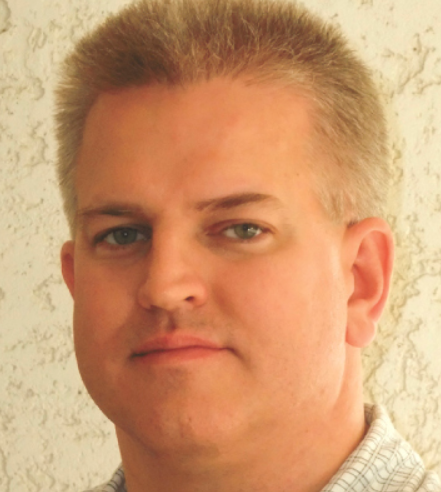ON Tuesday morning, we met two men from the Olotsara Retreat Center out at Cape Esperance on the western end of Guadalcanal. The final dive target was our best chance to see a plane and get what we came for. Over coffee we explained to the men how our expedition had gone so far. Although none of it was their fault, they expressed apologies that things had not worked out and committed to helping us salvage something in the few remaining days. After lunch, we packed all our gear into their two-ton truck and proceeded west out of town. It took four hours to travel the 68 kilometers to Olotsara, such was the condition of the road, but once we arrived, we were in paradise.
The family that operates Olotsara works hard to provide a good experience. They understand tourism. Not only do they boast the best surfing waves in the Solomons, the Center is an excellent base for world-class scuba diving, and is a great place to unwind from the stress of life. They continually upgrade their already impressive facility with modern amenities, good food, and warm personal service.
It was with great expectation that we awoke the next morning. Somewhere out in the lagoon was a bomber that went missing eighty years ago. Would we be the ones to find it? I quickly showered and donned my rash guard and neoprene pants; it was all the protection necessary in such warm waters. We assembled the dive gear and loaded everything in the boat, whose skipper knew these waters better than anyone. For good measure, we made a brief stop to pick up a guide from another village who was also familiar, being a fisherman of some repute. Based on our research, we knew how deep the plane was supposed to be, so we crisscrossed the lagoon in search of that depth.
Suddenly, as if appearing from the mist, yet another village chief approached in a boat, asking what we were doing in his lagoon and saying something about going away. Our guide explained our situation and then paid the chief to push off. At that point, we knew something was wrong. If the guide knew where the plane was, why didn’t he just tell the chief that we were not taking anything from his area. If the plane was indeed in his area, why didn’t he already talk to him and pay him off before now? The only explanation was that our guides did not know where the wreck was. Yet again, more promises but failure to deliver.
We decided to take matters into our own hands. If we were going to find this plane, we could not count on the locals to pinpoint it. We decided instead to dive a search and recovery pattern, so we geared up and got in the water. First off, Matt and I dove to the bottom and set a float which would act as our starting point and reference. Then we searched until our air ran low. Surfacing, we informed the others that the area was empty and we chose another likely spot based on our research. It also neglected to produce the prize. After lunch, we talked things over and decided we did not have the manpower to conduct a proper search in the time we had left. The lagoon was simply too large. We would come back again with side scan sonar and sweep the area. Once we have a hit, we will dive again.
We spent our final day in Honiara paying visits to the New Zealand High Commissioner, the director of the Solomons national museum and other dignitaries. We tied up loose ends, paid final bills and prepared to return home. We woke, took a taxi to the airport, and boarded a plane for Fiji.
The next morning, sitting in the lobby of the hotel in Fiji, waiting for a taxi and responding to emails, I heard the song “Mama Mia” by ABBA come across the music, and started tapping my toe. I spied Matt bouncing his fingers on his arm rest, then looked across the room to see a Chinese man humming the tune. By the time the lyrics started, everyone chimed in, unconscious of anyone else. An American, two New Zealanders, a Chinese, and several islanders were in a hotel lobby in Fiji, tapping and singing along with a forty-year-old Swedish song. The global community. Music is the international language.
I am back at the same hotel in Honolulu where I stayed three weeks ago, on my way home from the Solomons, although the room is much nicer than the previous one. It is hard to take in all that has happened in the meantime. I try to remember it the way a person tries to commit a pleasant dream to memory. Fortunately, I have my notes and over 400 photographs to bring it back.
BC Cook, PhD lived on Saipan and taught history for 20 years. He currently resides on the mainland U.S.

BC Cook











